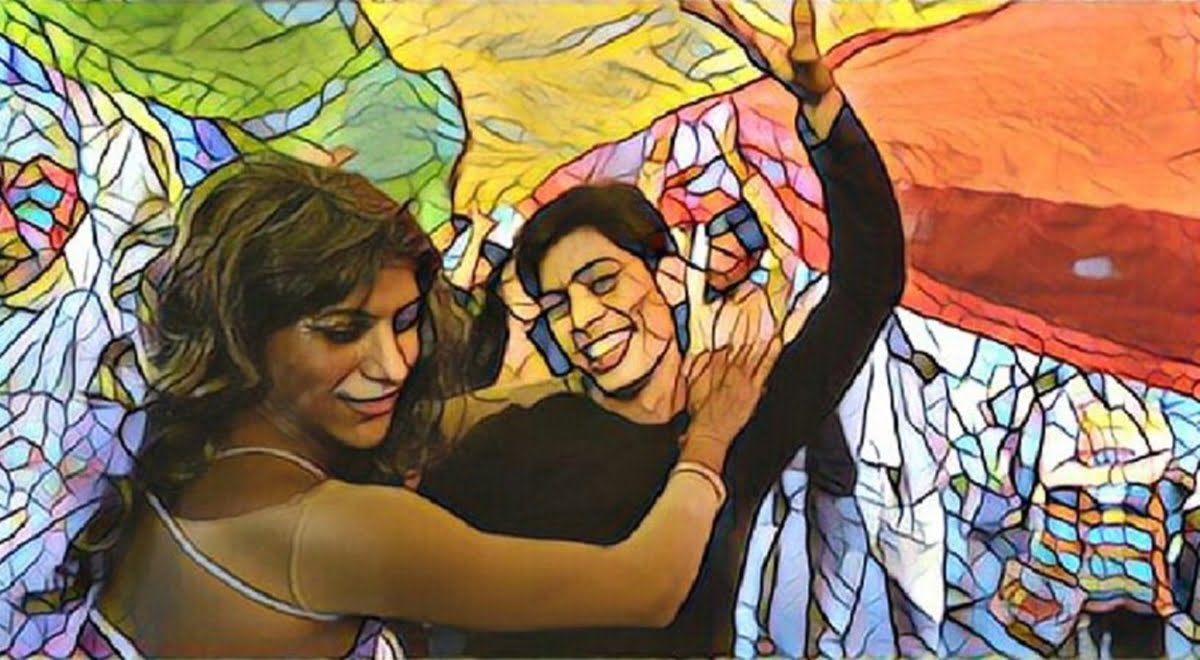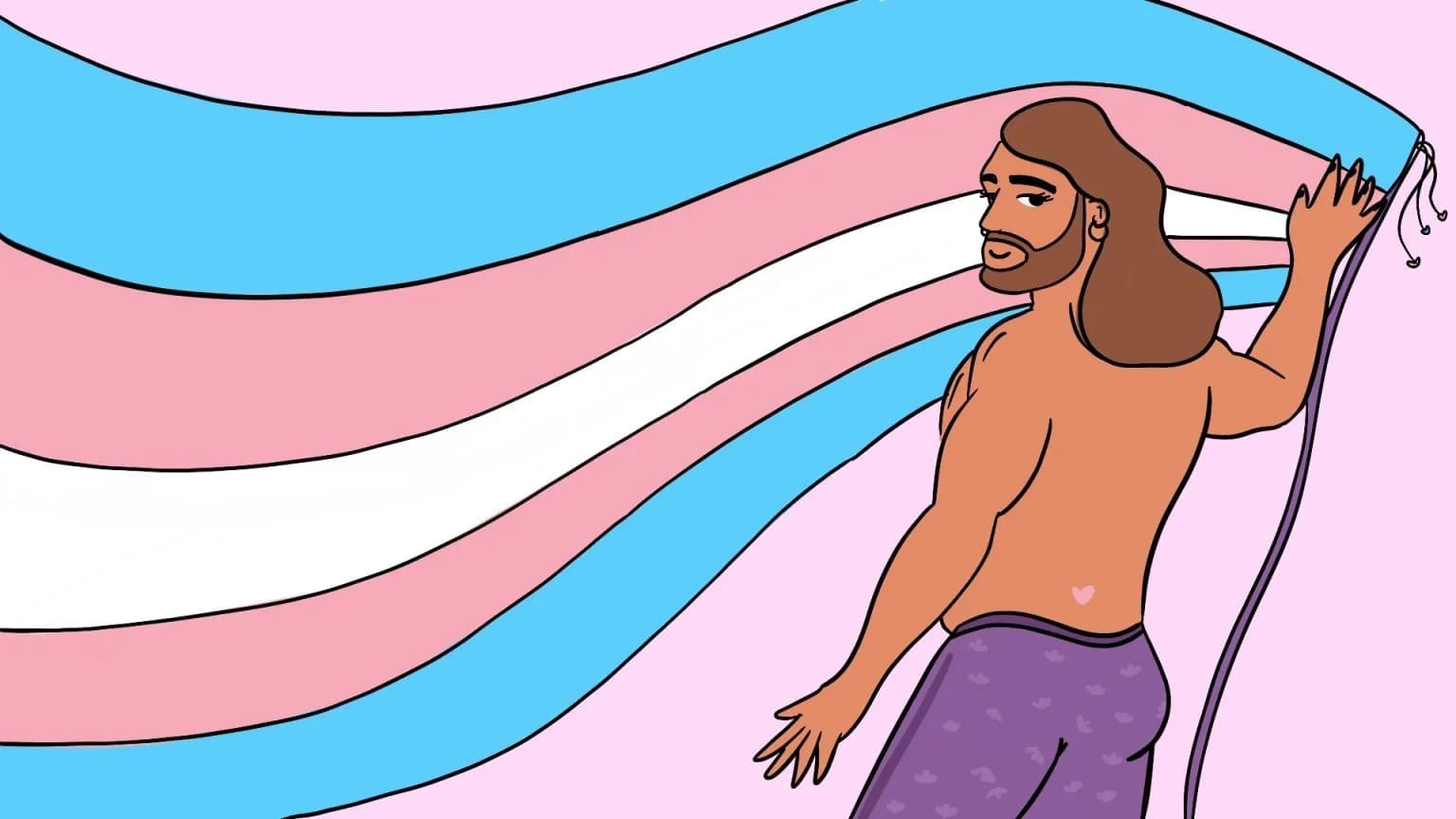I have an insatiable compulsion to walk around my apartment naked. I walk out of the bedroom, into my kitchen and finally into the bathroom. I then strip off my gold and red dashiki in front of a full-length mirror and contort my face in disgust as the mirror in front of me becomes the reflection of everything that we have been reduced down to by the society.
My smooth delicate skin glows, my petite body tussling with the burden of a culture that refuses to agnise the beauty of our naked bodies. Every morning I wake up and prepare myself for the inevitable violence and harassment, the not-so-subtle speculation of my genitals and a complete analysis of my body. This is what a day in the life of a queer Chinki Indian includes.
The media has time and again portrayed us as non-entities, desirable only if we’re pleasing and acquiescent. Surrounded by this representation of ourselves in the media, the dilemma of the queer Chinki body lies in our own inability to see ourselves with our own eyes, away from the harmful, patriarchal stereotypes associated with us. I want queer Chinki people to reclaim their sexual selves and embrace the potential of queer love even if it is in a place where so many of us grew up hating ourselves.
I want queer Chinki people to reclaim their sexual selves and embrace the potential of queer love even if it is in a place where so many of us grew up hating ourselves.
In her book Epistemology of the Closet, Eve Sedgewick opines that coming out is a very nuance term. How would we define someone who has been out? Is it necessary for them to come out to their parents? Or should it be applied to anyone who is at least comfortable with the idea of them being queer? She also remarks that coming out is a multidimensional process and involves many phases.
The northeast queer population encompasses a very peculiar nature of this coming out process. Because our parents are still neck deep in the muddy slime of bigotry and prejudice, we are forced to substitute the closet for something else. For us, coming out is not necessary. Living in big cities, partying and sex offers a sort of escape from the suffocating atmosphere at home.
Hence our coming out of the closet is the free life that we are living which no one at home needs to know. It is not that we hide it from them, it’s just that we consider our private life as something which is primacy only to us. I was one of the few people who could come out to my family, my friends and classmates but for many Northeasterners, our coming out is our ability to be authentic to our own self and the city offers us that.
Also read: On Racism And How My Ladakhi Features Never Quite Fit The Indian Imagination




